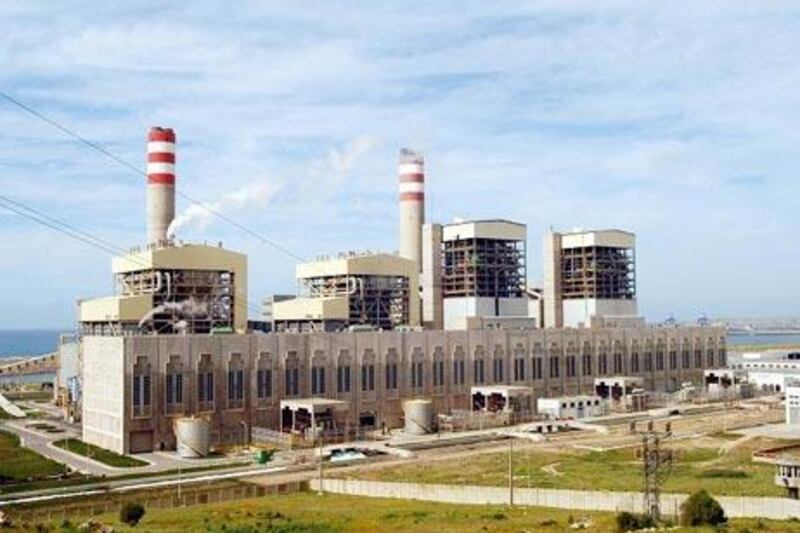Abu Dhabi National Energy (TAQA), the majority Government-owned energy investment company, has secured a US$3 billion revolving credit facility that the company hopes can back growth of existing projects.
The announcement comes one week after Standard and Poor's (S&P) released its first credit rating of TAQA since the energy firm severed relations in July 2009, when a downgrade had been suspected.
The new credit facility, finalised on Monday, will replace an existing US$3.15 billion credit facility which is set to expire in August. TAQA plans to cancel the old one, on which it had drawn $1 billion mainly to finance its 2008 acquisition of Canada's PrimeWest Energy Trust.
"The new one, it gives us more flexibility," said Mohammed Mubaideen, the firm's investor relations manager. "The markets are liquid now, so it's easy to finance at this moment. It's not wise to start refining one month or two months before the facility expires."
The company has shifted its strategy from expansion into new markets to consolidating its existing positions.
"If we're acquiring, we're acquiring assets that complement our existing assets," Mr Mubaideen said.
By 2014 it plans to have finished increasing the capacity of a power plant in Morocco by more than 50 per cent with two new units, each adding 350 megawatts (mw) to current output of 1350mw. It also signed an agreement with the Guinean government to supplement its single-cycle turbines with more efficient combined-cycle ones, increasing capacity by 110mw.
The company is also focusing on appealing to international investors, part of the reason renewed its relationship with S&P after a publicised break in July 2009.
"It's a strategic decision by the management to reestablish the relationship with S&P," Mr Mubaideen said. "It's also assuring for the investors."
The current rating of A, technically a downgrade from last year's AA- rating, is the result of a new S&P methodology for government-related businesses which factors in the nature of the relationship between the company and the state, rather than the individual credit-worthiness of the company and government.
"The most significant thing about this rating is it factors in a lot of government support," Mr Karim Nassif, a credit analyst with S&P based in Dubai, said. "There's a huge gap between the standalone and what we see as the rating with the government support."





